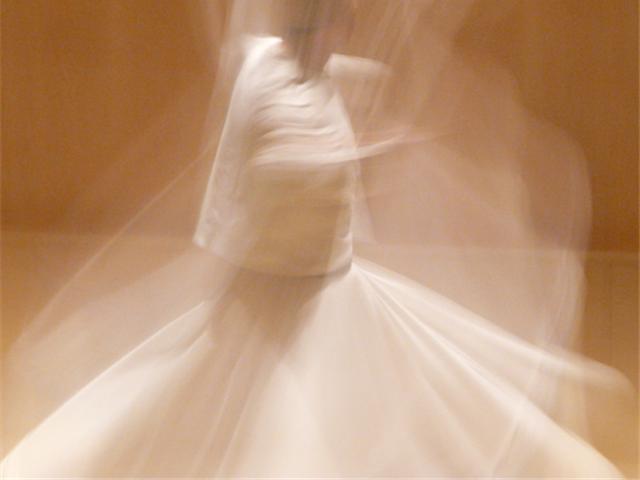I have been compiling some of Rumi's poems on manners (Adab) and have named this compilation his Adabnameh -- or the Book of Manners.
He starts the dsicourse on good manners and its importance from the very first Book of the Masnavi, with the verse (78, Book 1)
Az Khoda jooeem tofighe adab biadab mahroommand az lotfe Rab
We seek the privelege of good manners from God the ill-mannered remains deprived of the Grace of God
Bi adab na tanha khod ra dasht bad balke atash dar hame afagh zad
Here Rumi is pointing out that ill-manner or bad manners is not just a personal ill; or a personal choice we make; but has an impact of everything -- literally. The analogy is with the law of action and reaction or Karma, as expounded for example, in the Science of Being by Maharishi Mahesh Yogi, who describes in detail the effects of Karama, good or ill, and its repercussions coming from all sides.
Here Rumi says
The ill-mannered not only brings about ill on himself
but sets ablaze a fire in all directions across the horizon
the effects of ill-manners is propagated far and wide. One also recalls the Confusian doctrines of propriety and correct behavior to various levels and conventions within society. Rumi is not imposing restrictions, but merely pointing out the realistic effects of being without manners.
in the next to last line of this section in his "adab nameh" line 91, he says
Az adab por noor gashte ast een falak
vaz adab maasoom o pak amad malak
Manners causes the sky and heavens to be showered with light
and from manners Angels became pure and innocent
And also points out the opposite of this as well, that most of the issues (darkness and sadness) that may befall man are due to his being beligerent, belicose or quarrelsome.
